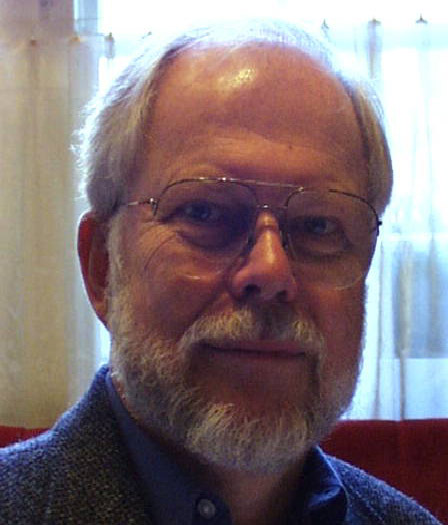Advanced Wireless:
WiFi and Beyond
A Half-Day Seminar
Jim Mollenauer
Technical Strategy Associates
This tutorial is intended to provide a
comparison of current technologies and a description of emerging standards which
will be deployed over the next several years. Initially we will look at current
technologies like second- and third-generation mobile phones and WiFi, with a
glance back at the ancestry of these facilities. In addition, larger-scale
(metropolitan) networks and home networks, including Bluetooth, will be
discussed. Advanced techniques such as OFDMA modulation and space-time
processing will also be touched on.
New standards are likely to represent
the next generation of wireless networks. These will include the IEEE
802.16-2004 standard for fixed metropolitan wireless, a revision newly approved
by the IEEE Standards Board. The impact of the WiMAX Forum in support of this
technology will be examined. New technologies aimed at in-home usage will be
covered; these include ultra-wideband at the high end of the speed spectrum and
Zigbee at the low end.
We will go on to mobility
issues and to technologies that have not quite emerged yet, but which should
have considerable impact in the future. These topics include the evolution of
the mobile-phone network to a mixed-use network with relatively high data
speeds, and to data-oriented networks. The latter include IEEE 802.16e, the
mobile version of 802.16, and to the rival 802.20 effort within the IEEE 802
LAN/MAN framework. Finally there will be forecasts of how the wireless field
will play out over the next few years.
Biography:
 Jim Mollenauer
received his PhD from the University of
California at Berkeley. He spent 17 years at Bell Laboratories in physics
research and communication system development and has held positions in Motorola
Codex and Prime Computer. He architected one of the earliest Ethernet switches
at Artel Communications in 1990. As a consultant, his design projects have
included terrestrial and satellite wireless systems. Jim has broad experience
in standards, having chaired the IEEE 802.6 Metropolitan Area Networks committee
for twelve years and participated in several IEEE and ETSI standardization
committees. He was a founding member of the IEEE 802.16 committee for broadband
wireless networks and the 802.20 group for broadband mobile networks.
Jim Mollenauer
received his PhD from the University of
California at Berkeley. He spent 17 years at Bell Laboratories in physics
research and communication system development and has held positions in Motorola
Codex and Prime Computer. He architected one of the earliest Ethernet switches
at Artel Communications in 1990. As a consultant, his design projects have
included terrestrial and satellite wireless systems. Jim has broad experience
in standards, having chaired the IEEE 802.6 Metropolitan Area Networks committee
for twelve years and participated in several IEEE and ETSI standardization
committees. He was a founding member of the IEEE 802.16 committee for broadband
wireless networks and the 802.20 group for broadband mobile networks.
 Jim Mollenauer
received his PhD from the University of
California at Berkeley. He spent 17 years at Bell Laboratories in physics
research and communication system development and has held positions in Motorola
Codex and Prime Computer. He architected one of the earliest Ethernet switches
at Artel Communications in 1990. As a consultant, his design projects have
included terrestrial and satellite wireless systems. Jim has broad experience
in standards, having chaired the IEEE 802.6 Metropolitan Area Networks committee
for twelve years and participated in several IEEE and ETSI standardization
committees. He was a founding member of the IEEE 802.16 committee for broadband
wireless networks and the 802.20 group for broadband mobile networks.
Jim Mollenauer
received his PhD from the University of
California at Berkeley. He spent 17 years at Bell Laboratories in physics
research and communication system development and has held positions in Motorola
Codex and Prime Computer. He architected one of the earliest Ethernet switches
at Artel Communications in 1990. As a consultant, his design projects have
included terrestrial and satellite wireless systems. Jim has broad experience
in standards, having chaired the IEEE 802.6 Metropolitan Area Networks committee
for twelve years and participated in several IEEE and ETSI standardization
committees. He was a founding member of the IEEE 802.16 committee for broadband
wireless networks and the 802.20 group for broadband mobile networks.